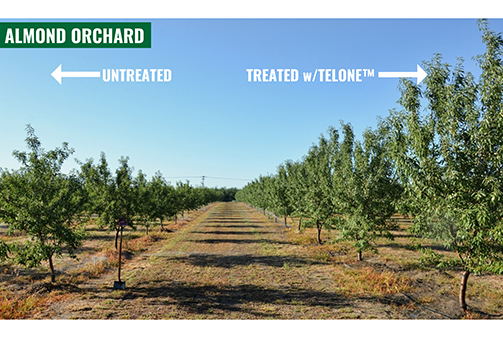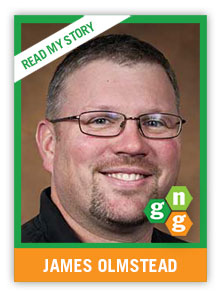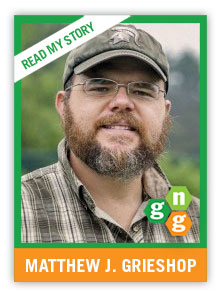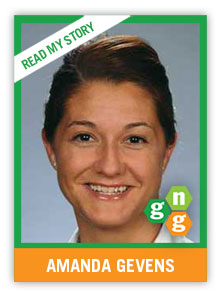GenNext Researchers: Jaume Lordan Sanahuja
As the next generation of growers become leaders and decision makers in their own operations, they won’t have to make those decisions on their own. There’s also a whole new generation of experts focused on the research needed to combat today’s (and tomorrow’s) challenges in the field and the orchard.
We talked with some of these researchers about the problems they’re attempting to solve, the new tools they’re using, and how they hope their work will help you do your job better.
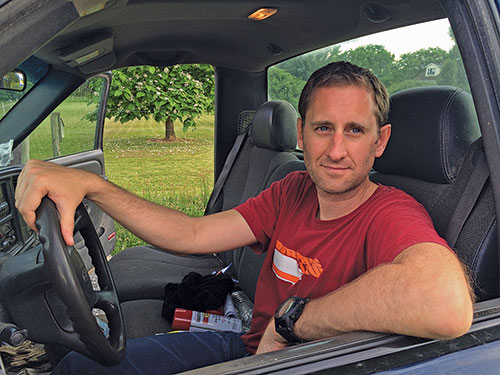  Jaume Lordan SanahujaPostdoctoral Research Associate
|
Primary area of research
Fruit tree orchard systems, rootstocks, nutrition, irrigation, crop load and canopy management.
What specific projects are you working on now?
I’m working on the national rootstock testing project NC-140, precision orchard management, orchard management systems for improved yield and fruit quality, organic apple production and technology and more projects related to fruit tree production within Terence Robinson’s program at the Department of Horticulture at Cornell University.
Are you bringing any new technology, tools, or approaches to your research that might be new to these types of programs?
I have been studying and working abroad in Catalonia, Italy and South Africa, as well as California, which brought me a wide knowledge on the entire fruit production chain from the scientific point to a more Extension approach.
As the next generation of growers become leaders on their farms, what will they need to do differently to continue to be successful? How do you see your research work helping them accomplish that?
The first thing I will tell growers is to not be afraid of change. The market is more demanding nowadays. Consumers have a high knowledge about produce and so they are more exigent in the quality and the sustainability of the products they pay for. We need to bring that.
We need to produce higher-quality fruits in a more sustainable way, at the same time we’re reducing the labor costs. The use of machines for pruning, thinning, and harvest is changing the orchard. From new rootstocks to new planting systems, mechanization will play an important role here. New technologies will help in getting higher yields with uniformly high quality. For instance, growers will have on their smartphone the exact amount of water or nutrition they need to apply to every single tree in the orchard.
At Cornell we’re working to bring all this knowledge and tools to the farmers. New Geneva rootstocks and precision crop management practices will help growers to know the best choice right from the beginning, from before planting the orchard to the full mature harvest.
How long have you been doing research in support of fruit growers?
I started working in research in 2009 in the Institute of Research and Technology, Food and Agriculture (IRTA, located in Catalonia), where I did my Ph.D. after finishing a postgraduate at UC Davis. Since January 2015, I have worked at Cornell University.
What made you want to get into ag research as a profession?
I was born in a family of farmers, I have been related to and enjoyed fruit tree growing since my childhood, when I started working in apple and pear orchards on my father’s farm. I earned a good knowledge in agriculture through a B.S. in Agricultural Engineering specializing in Horticulture at the University of Lleida (Catalonia). After that, I carried out an M.S. in Agronomy and Crop Science simultaneously at University of Lleida and University of Bologna (Italy).







